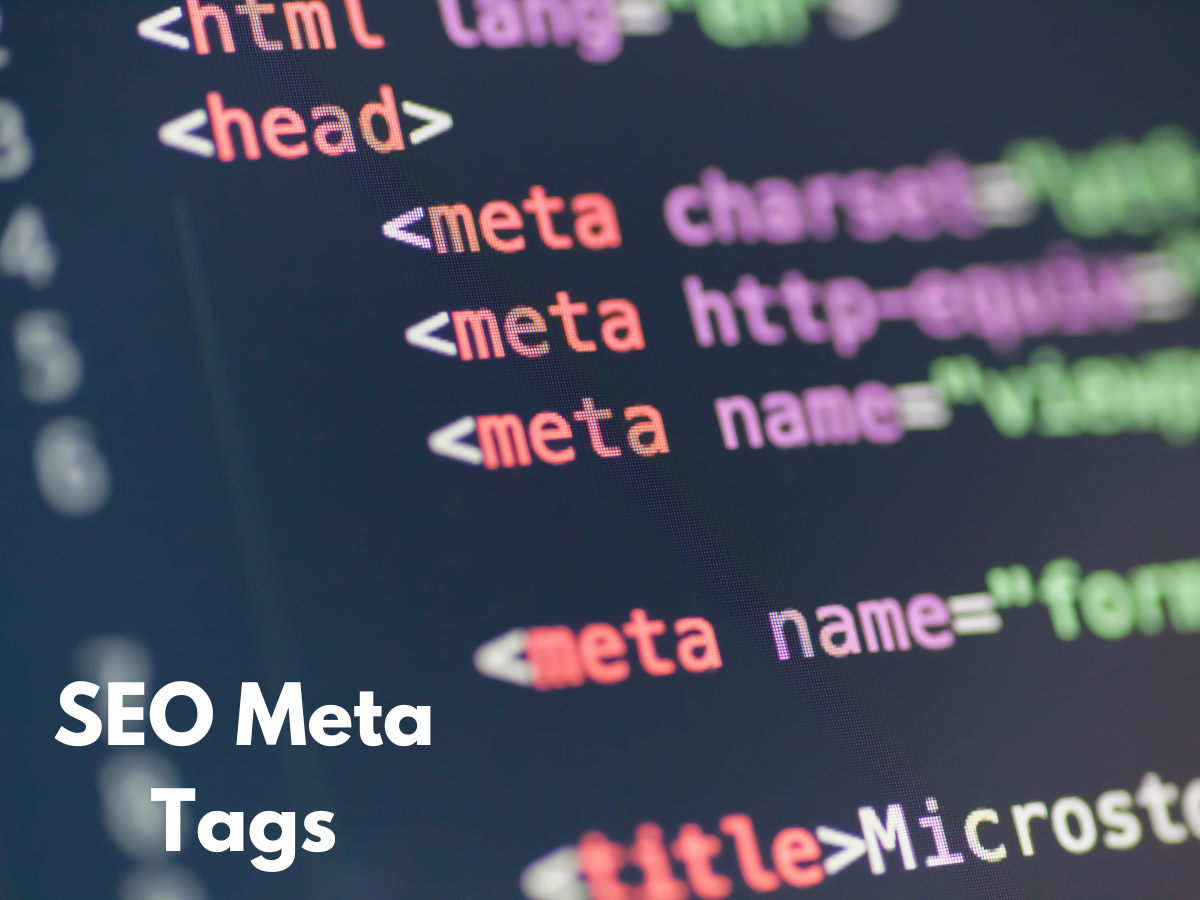
Great! You’re looking for a blog post about SEO meta tags. I’ll create a well-structured blog post that explains SEO meta tags, their importance, and best practices.
Blog Post: SEO Meta Tags: What They Are and Why They Matter
Introduction
In the ever-evolving world of search engine optimization (SEO), understanding the role of meta tags is crucial for improving your website’s visibility. Meta tags are essential components of your web pages that provide search engines with information about the content of a page. They help search engines index your pages more accurately and can improve the click-through rate (CTR) from search results.
In this post, we’ll dive into the world of SEO meta tags, explaining what they are, the different types, and how to use them effectively to boost your site’s SEO performance.
What Are SEO Meta Tags?
Meta tags are snippets of code in the HTML of a webpage that provide metadata about the content on the page. They are placed within the <head> section of the page and are not visible to users when they visit the page, but search engines and browsers use them to understand the content better.
Some common types of meta tags include the meta description, meta keywords, meta robots, and meta viewport tags.
The Most Important SEO Meta Tags
- Meta Description Tag
- What it is: The meta description is a brief summary (usually between 150-160 characters) of the content of a webpage.
- Why it matters: While it doesn’t directly impact your rankings, a well-crafted meta description can encourage users to click on your link in search results, improving your CTR. A higher CTR can indirectly affect your rankings.
- Best Practices:
- Keep it under 160 characters.
- Include relevant keywords.
- Make it compelling and clear to attract clicks.
Example:
<meta name="description" content="Learn the importance of SEO meta tags and how to use them to improve your website's visibility in search engine results."> - Meta Keywords Tag
- What it is: The meta keywords tag was once used to list relevant keywords for a page.
- Why it matters: Although it was important in the past, search engines like Google no longer use the meta keywords tag for ranking purposes. However, it’s still a good practice to include it, but it should not be overstuffed.
- Best Practices: Use a small number of highly relevant keywords for your content.
Example:
<meta name="keywords" content="SEO, meta tags, SEO best practices, search engine optimization"> - Meta Robots Tag
- What it is: The meta robots tag tells search engines whether they should index the page or follow the links on the page.
- Why it matters: This tag is essential for controlling how search engines interact with your content.
- Best Practices: Use it to manage content you don’t want to appear in search results or prevent search engines from following links on certain pages.
Example:
<meta name="robots" content="noindex, nofollow"> - Meta Viewport Tag
- What it is: The meta viewport tag is used to control the layout of your page on mobile devices. It ensures that your website is responsive.
- Why it matters: With more users browsing on mobile devices, this tag is vital for ensuring your site is mobile-friendly, which is a ranking factor for Google.
- Best Practices: Always include a viewport tag for a better mobile experience.
Example:
<meta name="viewport" content="width=device-width, initial-scale=1.0">
Best Practices for Using SEO Meta Tags
- Don’t Overstuff Meta Tags: Meta tags should be concise and to the point. Don’t overstuff them with irrelevant keywords or filler text.
- Ensure Uniqueness: Each page of your site should have a unique meta description and meta keywords (if used).
- Make Descriptions Compelling: Meta descriptions are your chance to attract users to click on your page. Make them engaging and relevant.
- Use Structured Data Markup: In addition to meta tags, you can also use structured data (Schema.org) to help search engines understand your content better.
Conclusion
SEO meta tags are an essential tool in your SEO strategy. They help search engines understand your pages and influence how your content is presented in search results. By optimizing your meta tags—especially the meta description and robots tag—you can enhance the visibility of your content and drive more traffic to your website.
By understanding the importance of meta tags and implementing best practices, you can ensure your site’s SEO is on point, leading to better performance in search engine results.
Once you’re happy with this blog post, I can convert it into a PDF for you. Would you like me to do that?


Leave a Reply